eing a new parent is so hard!
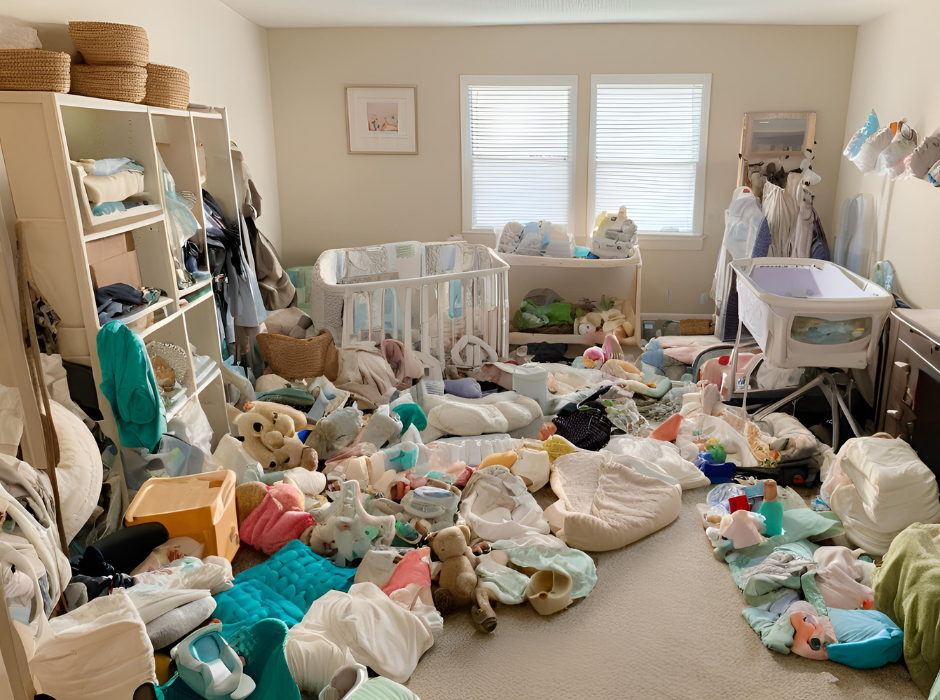
Then there’s the feeding. What to feed your new baby. When to feed them. Whether to put them on a schedule or feed on demand. Are they getting enough? Are they getting all of the nutrients and antibodies they need? Then what to feed your growing baby? When do you start giving them solid food? What’s the best food for them? How do you make sure they’re safe and don’t have any allergies?
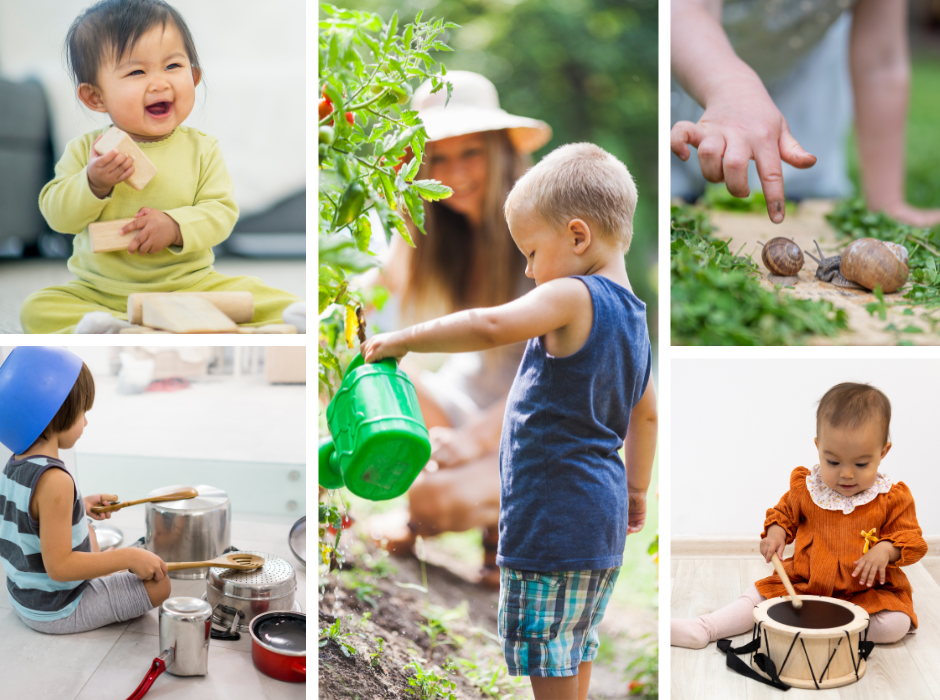
It’s too much! How do you decide what to put them in? Should they be in toddler soccer class? Toddler tennis? Toddler ballet or gymnastics? Toddler violin class? Toddler STEM tutoring?
These are very understandable questions, given the pressure to not screw up your child for life.
I’ve been observing little kids since I was 7 and got to be an aunt for the first time. I’ve raised 6 kids, and for the past 40 years have been studying what makes kids tick, and what’s most helpful for them. Over the past 20 years there has been a huge surge of research on child psychology and development. It’s great! And it can be daunting.
Here are some things I’ve learned:
- Babies and toddlers don’t have any idea what they want, because they haven’t experienced much yet.
- What they need most are security, safety, and the ability to satisfy their endless curiosity.
- Your child sees you as the biggest hero, and they want to be just like you! You’re what inspires them to eat, to scoot around and eventually crawl and walk, what foods to like, how to use their time, how to respond to someone in need (beginning with themselves, and extending out as they watch you respond to others), and what things to like.
- There are important foundational things you can offer your child as they begin to explore their new world, that will help prepare them for life.
- Security – knowing that you are there for them
- Emotional safety – the feeling that their grown-ups are approving of each other, and of them
- Opportunities to explore and play freely
- Exposure to things that will develop and grow their brains and their bodies
- Music
- Language
- Things to climb on
- Books
- Watching you do things
- Doing things with you
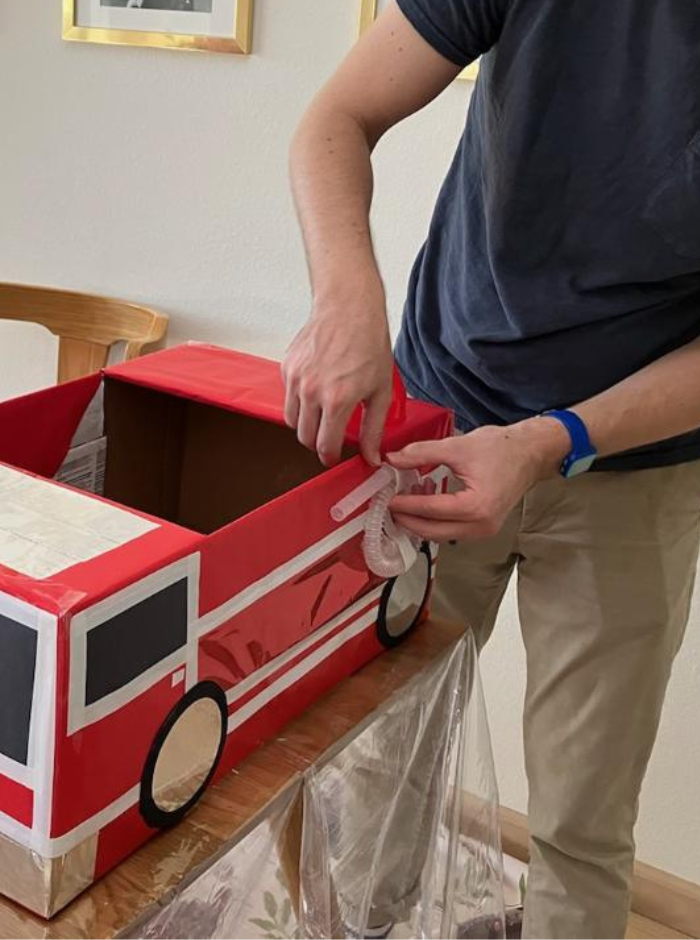
You’ll probably notice that your child mostly likes what you like, but sometimes their interests seem to come from out of the blue. Little kids do have interests that aren’t directly inspired by their parents. For example, my grandson LOVES trucks. Neither of his parents, and none of his grandparents are particularly fascinated by garbage trucks, UPS trucks, pickup trucks, recycling trucks… He just LOVES them! It turns out his cousins love vehicles too, but they’re more into planes and race cars. And they did not live close while this fascination was developing, so, who knows where it even came from? Maybe just the fact that he could see the garbage truck out the window on Mondays, and he liked watching it. But does that mean they should immediately put him in truck driving school, or mechanic school for toddlers? Well, to my great satisfaction, my son and daughter in law have not gone to these extremes. They have, however, fostered his sense of wonder by taking him to the fire station to see the fire engines and meet some firefighters (big win.) They have supported his senses of autonomy, individuality, and curiosity by getting lots of books about trucks from the library and reading them with him at bedtime and at breakfast. They’ve supported his musical creativity by helping him to make up songs about dump trucks and mail trucks. Who knows whether this fascination will last a lifetime, or if he will shift gears at some point and become more interested in something entirely different? I’m sure that if this happens, his parents will gladly pivot and support his new interests just as well.
Chances are, your child will also be inspired by what they see you like, so YOU decide what to expose your child to. If you feel like it’s important for them to be good at math, for example, count things out loud. Put things together in front of them so they can see, first, that this is something you like, and second, how things fit together in space. Do “mathy” things consistently to show your child that you enjoy them, and that you find them important. Try not to push your child to join you, but as they show interest, let them join you. Play with things that are appropriate for their developmental age, and also, let your child watch you do things that are out of reach for them, but fascinating to you!
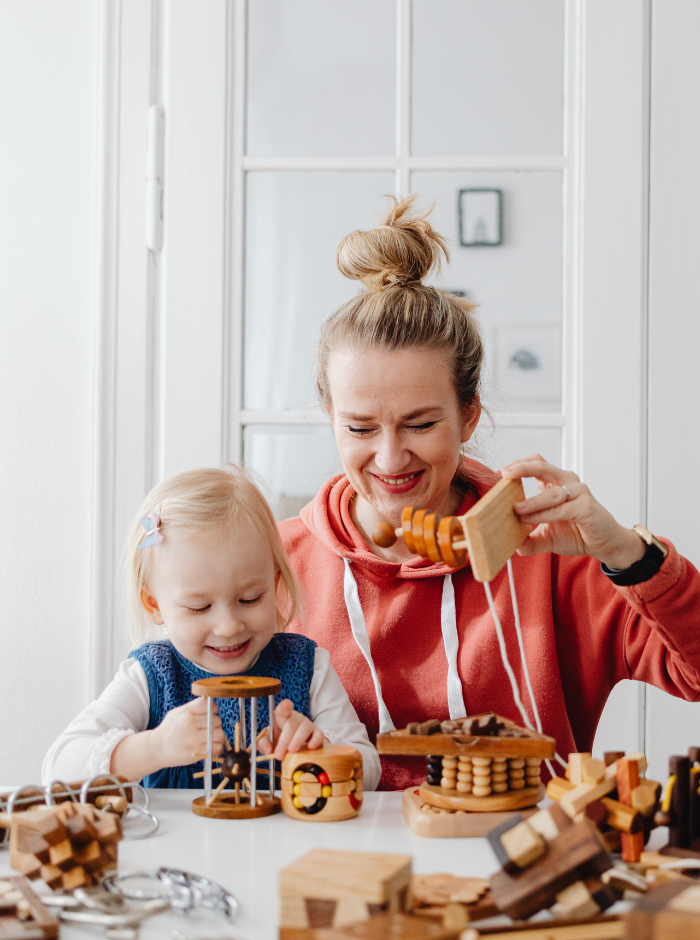
If you feel like being multilingual will help your child as they grow, speak that language around your child, without trying to force them or quiz them on it. If you don’t know a second language, instead of taking your child to a tutor, learn it yourself. Let your child see you learn something new, and this will foster a growth mindset in your child, as well as giving them the opportunity to experience the language you’re learning. Get around native speakers. A lot. If your child is in daycare, find one that is multilingual, and ask the instructors to speak their language around your child.
If you feel like music is important for your child’s development (many studies show that it is!) play music around your child often. Sing while you feed them, bathe them, and during playtime. Read musical storybooks. Show them how music theory works, in small doses, mixed into ordinary life. Take them to live musical performances; there are lots that are kid friendly! (be sure to protect their ears if you’re at a loud venue) Playing recorded music is great, but it’s nothing compared to live music, especially music you create. Remember, you are your child’s hero and they want to be Just Like You! Have live musical performances at home – often.
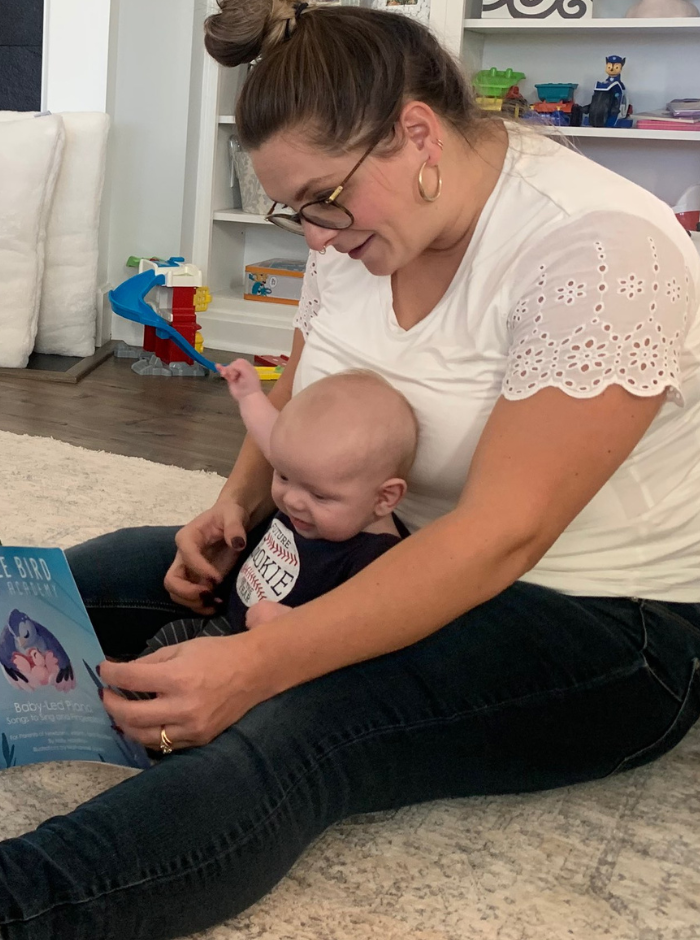
Whatever you want your child to learn and experience, please remember this: Your child learns best through casual exposure and through play. Babies and toddlers are the best learners on the planet, because their brains are developing at a rapid pace, because they naturally incorporate everything into play, and because they are naturally curious.. You can learn a lot from watching your child play.
Kids love to learn!
Giving them a safe environment, exposure, and freedom to explore, and especially, opportunities to participate with you – when they feel like it – gives your child everything they need to grow into capable and confident big people who continue to love the process of learning.
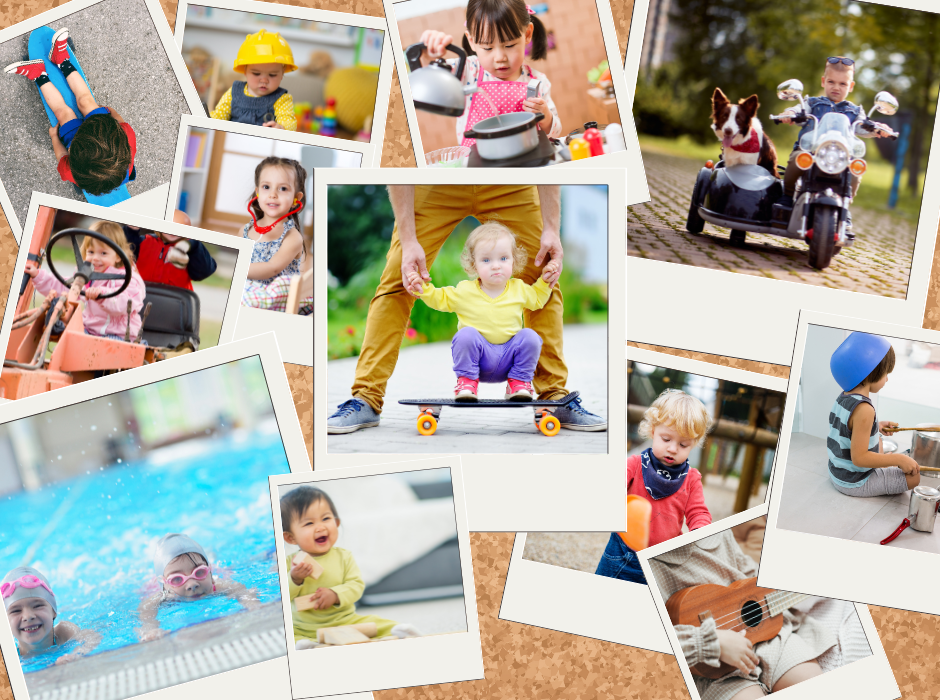






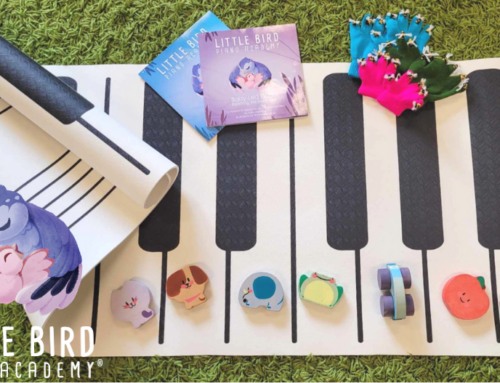
Leave A Comment